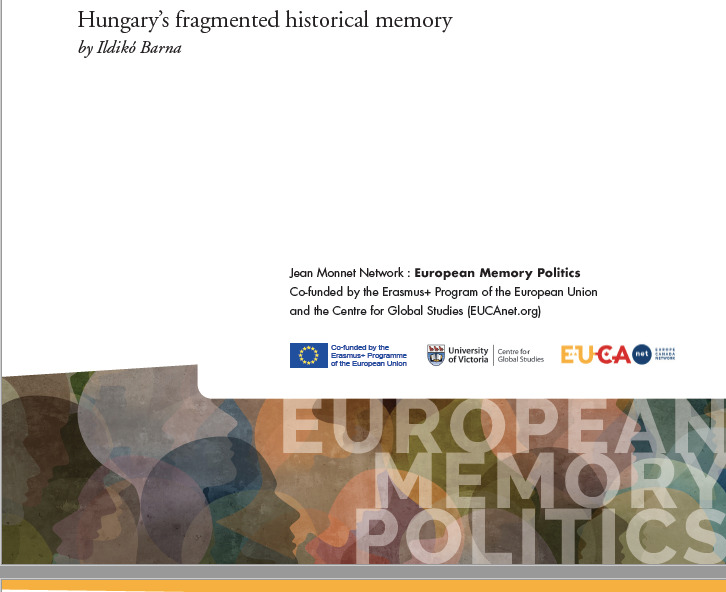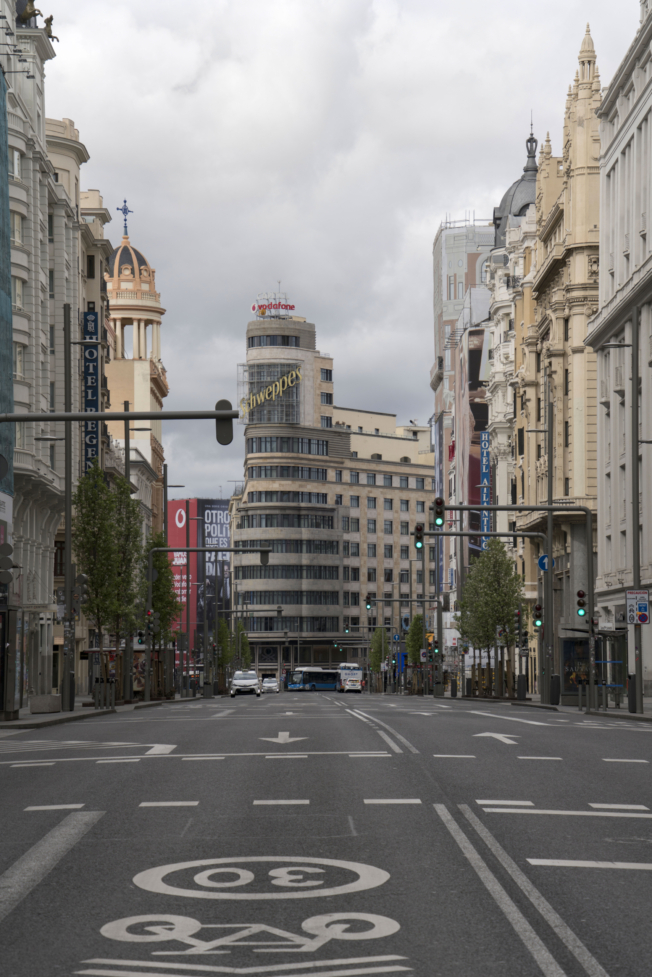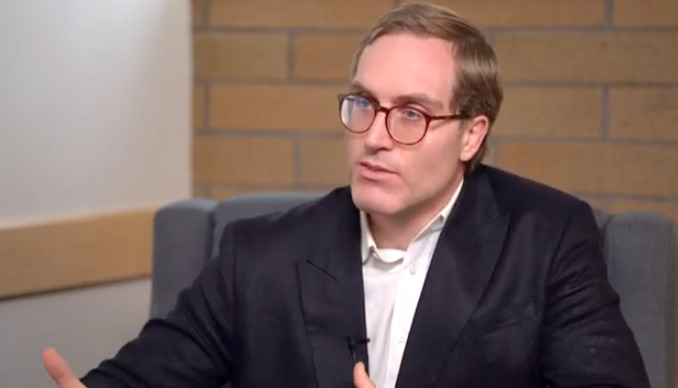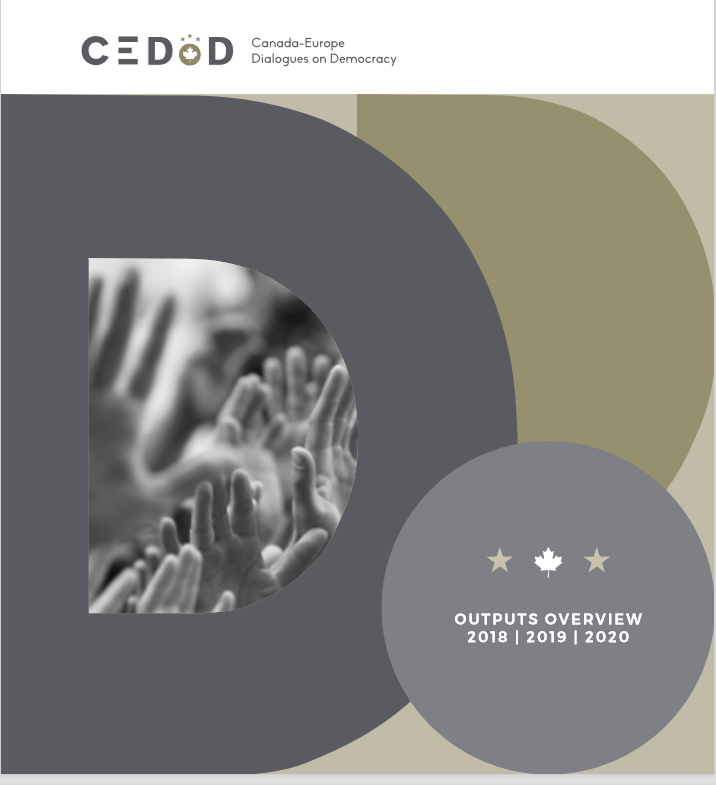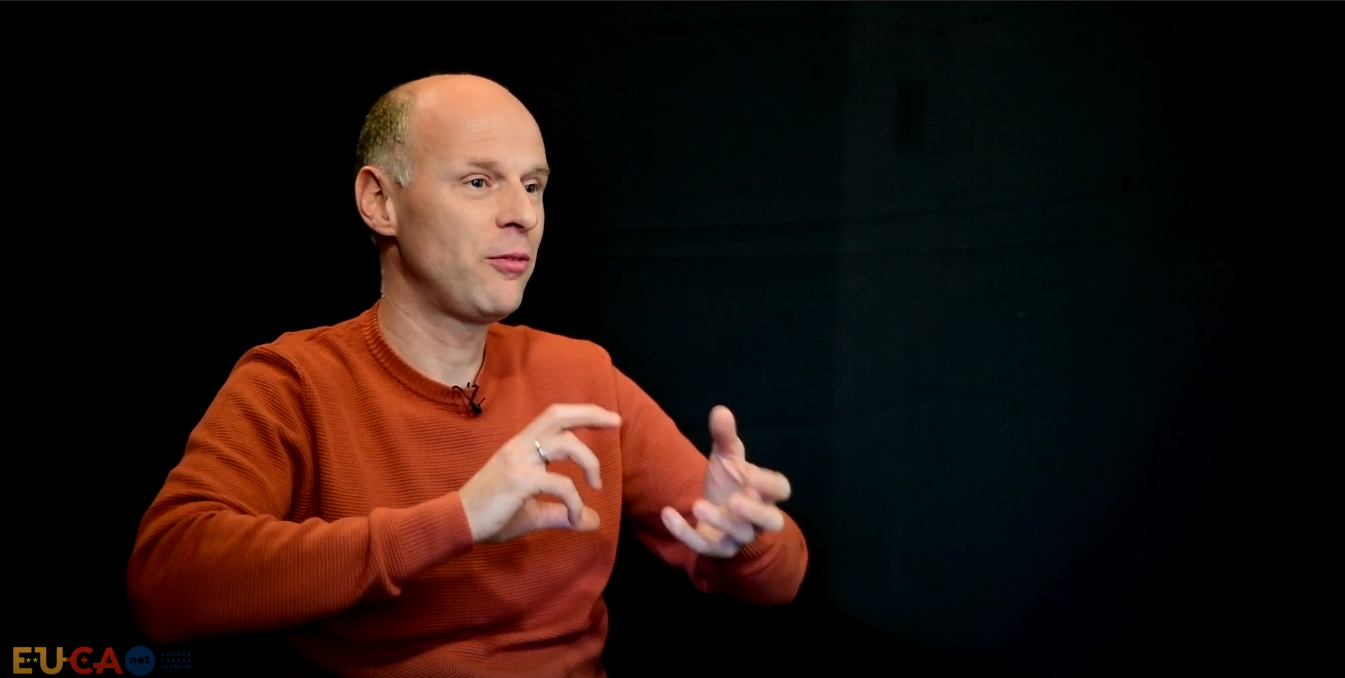Hungary’s Fragmented Historical Memory – European Memory Politics – a short introduction
Ildikó Barna from the Eötvös Loránd University (ELTE) in Budapest presents a short introduction on how the 20th century’s past is (re)interpreted, commemorated, and narrativized in contemporary political life in Hungary. This short summary allows the Jean Monnet Network European Memory Politics (EuMePo) to share some approaches to the difficult discussions about the national contexts and memory politics in selected countries.
” Hungary’s historical memory is fragmented and divided. The country’s history and the society’s collective memory could not evolve organically. In the 19th century, Hungary became an integrated and semi-autonomous part of the Austro-Hungarian Monarchy. Dualism – a form of state administration after 1867 – assured breathing space for the country in the fields of its internal economy, culture, and science. Still, Hungary did not have autonomy in finance, foreign policy, and defense (Ormos 2008: 17). Hungary could not become a sovereign nation-state, and the First World War ruptured the country’s development.
The 20th century illustrates the savagery of humanity and Western civilization. Wars, dictatorships, and genocides followed each other. The 20th century – as a traumatic experience – seek to appropriate the recent past and remain in the collective memory of the society. The experience and the trauma of the First World War left behind an environment in which the memory of the dramatic events were largely incomprehensible and impossible to process (Gyáni 2009: 3-7). The War, the wounds of the loss, and the traumatic memory have not been fully processed. Only the number of victims was counted, but mentioning the grief and the loss did not happen. The events of WWI became myths. The fallen soldiers and the sacrifices were altered to symbols (Gyáni 2016: 152-153). The artificially created symbol-system was a political act: the cult of the victims meant to reduce the burden of individually-lived mourning (Gyáni 2016: 157). After the War, the concept of “nation” became a current theme in politics and the public sphere…” Read more: Corr_Hungary edits
